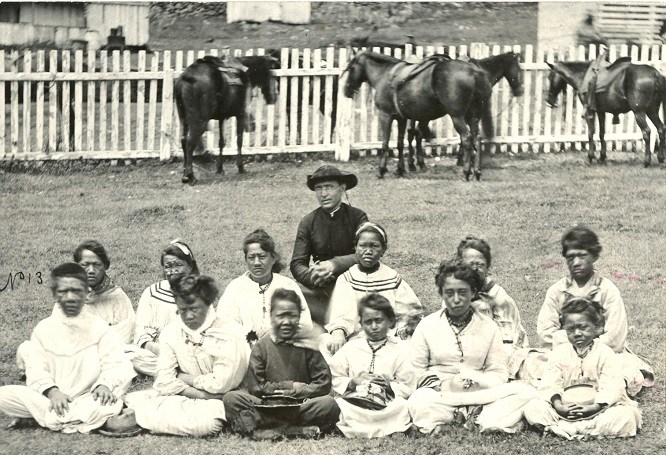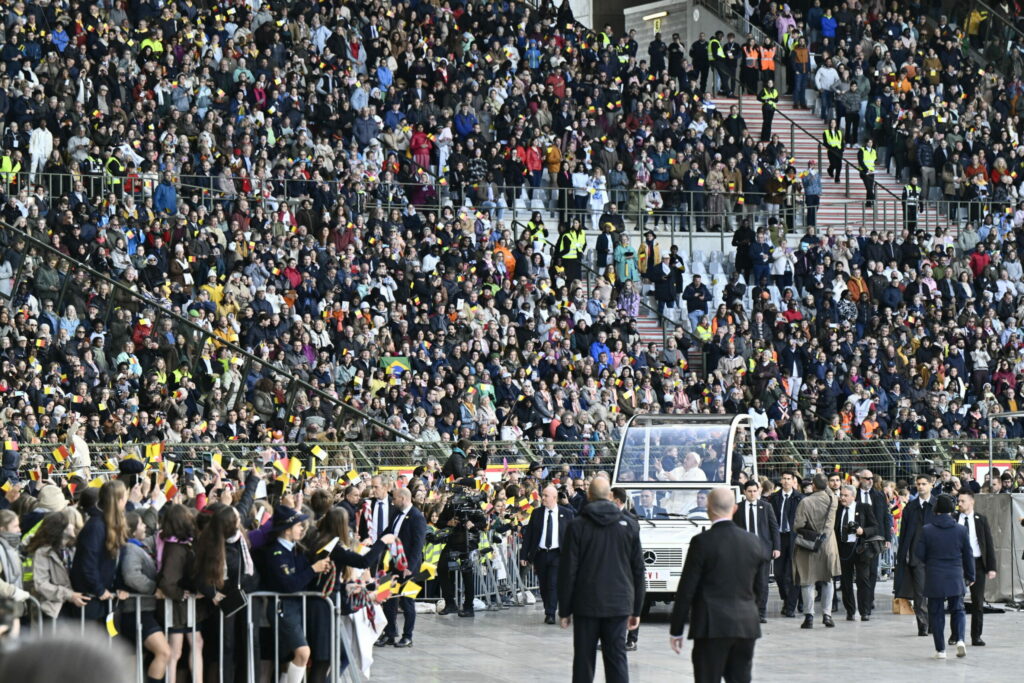Pope Francis’ visit in Belgium last weekend was overshadowed by questions about the Catholic Church’s handling of sexual abuse scandals but his sudden announcement that he would begin the beatification process for King Baudouin was also criticized.
As previously reported, the Pope’s remarks about abortion as “killing of human life” were strongly rejected by acting Prime Minister Alexander De Croo who summoned the Vatican’s ambassador to Belgium for a discussion about his statement. De Croo protested against the Pope’s interference in Belgian national legislation.
The issue of abortion was also linked to the Pope’s fondness of King Baudouin and the plans for the beautification of the King. By beatification is meant the official recognition by the Catholic Church of someone who has lived a holy life. In beatification a deceased person is declared “blessed” and worthy of public veneration. It is one of the stages in the process of canonisation towards sainthood.
“Upon my return to Rome, I will launch the beatification process for King Baudouin,” the Pope said. “May his example as a man of faith illuminate our leaders. I ask that the bishops of Belgium take up this cause and advance it."
The announcement was criticized by the Belgian Centre for Secular Action, given King Baudouin's opposition to abortion and the timing of the Pope's announcement. In 1990, King Baudouin, who was devoutly Catholic, announced that he was prevented by his conscience from signing a law approved by the Parliament on the liberalization of abortion.
His refusal to do so was unprecedented and the constitutional problem it caused was solved by the federal government observing that the King found it impossible to reign. It required the government to declare Baudouin temporarily unable to reign and to exercise the constitutional prerogatives of the King.
The possible beatification of the King would add him to a long list of Belgian saints and blessed persons, most of them clergymen, dating from early Christianity until modern times.
The perhaps most known Belgian saint is Father Damien, or Jozef de Veuster (1840 - 1889). He worked as a missionary in Hawaii between 1864 – 1889. This was a critical period in Hawaii’s history when it was colonised by the US and its population decimated by infectious diseases.

Father Damien with a choir, Molokai 1878. Credit: SS.CC., Leuven. During the colonial era, the missionary movement played a significant role in Belgium, and it is estimated that 10% of all Catholic missionaries around the world were Belgian. Damien became far more than just a “converter” however, and may have acted more as a human rights defender in a colonial world when this concept did not exist.
A priest-social activist, Father Damien dedicated his life to people with leprosy on the island Molokai until he succumbed himself to the disease. In 2009, he was canonized by the Catholic Church as Saint Damien of Molokai. Father Damien has become a legend in both Belgium and Hawaii and achieved the status of national hero in both countries.
He was proposed for beatification already after his death but it would take until 1995 and then to 2009 until he was canonised by Pope Benedict XVI. While no miracles are linked to him, his whole life was considered a miracle.
Colonial legacy
As regards King Baudouin, the Pope visited his tomb in the royal crypt at Laeken and praised him for his courage to resist the “murderous” law on allowing abortion. The Pope apparently ignored Belgium’s colonial legacy linked to the King and his role in Belgian Congo when it became independent in 1960, only to plunge into civil war and its first Prime Minister Patrice Lumumba assassinated.
King Baudouin played a fateful role in Congo and Burundi, Belgian sociologist and historian Ludvig de Witte told The Brussels Times in an interview, and was supportive in the construction of a neocolonial regime in Congo. De Witte's book on Congo was published in 1999 and resulted in the establishment of a parliamentary commission of inquiry to determine the exact circumstances of the assassination of Lumumba and the possible involvement of Belgian politicians.
De Witte still sticks to his conclusion that Belgium was primarily responsible for Lumumba’s death. The official Belgian report from 2002 reached the same conclusion. “It was “absolutely clear that there were plans to kill Lumumba” and that there was “no trace of an order to rescind these plans”.
The report also urged the readers to see what happened in light of the Cold War in the 60s, “with different standards, ethics and norms. Belgium was ruled by King Baudouin during these critical years.
Brought up in a conservative Catholic milieu and under the influence of his father Leopold III, who had been forced to abdicate from the throne, King Baudouin detested the prime ministers in both Congo and Burundi. But in Burundi, the perpetrators were quickly caught, brought to justice and sentenced to death or long prison sentences.
The King was a combatant Catholic imbued with colonial prejudices that came to expression in his infamous speech in Congo on its Independence Day. King Baudouin talked about the “genius” of his forbearer King Leopold II and praised the progress Congo had made under Belgian rule.
“Don't compromise the future with hasty reforms, and don't replace the structures that Belgium hands over to you until you are sure you can do better,” he said. “Don't be afraid to come to us. We will remain by your side and give you advice.” Originally the speech was much harsher but it had been redacted.
In recent years, Belgium has started to come to terms with its colonial past. On the celebrations of Congo’s Independence Day in June 2020, King Philippe became the first Belgian royal to express his "deepest regrets" for the Belgian cruelties committed in colonial Congo. In 2022, Prime Minister Alexander de Croo said that Belgium recognised its “moral responsibility” for Lumumba’s killing.
M. Apelblat
The Brussels Times

